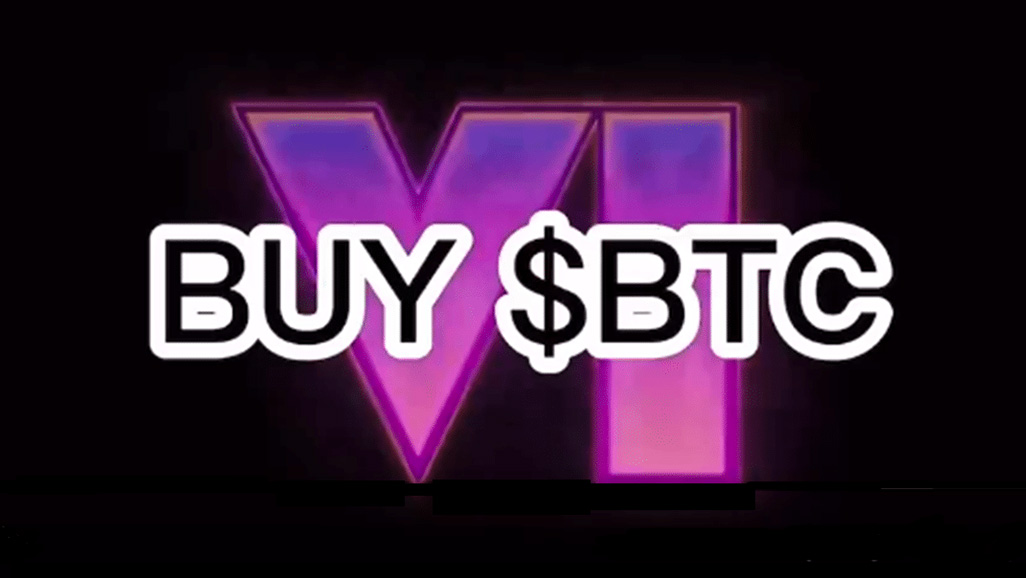Star Atlas is a game I have discussed before in this newsletter: specifically, I have called it a “dreaming game”, where the participants suspend reality in order to enjoy the prospect of their grand plans.
This week, Star Atlas announced massive cutbacks, sacking at least 122 people and leaving a shell of 45 staff. CEO Michael Wagner said he was reducing his base salary to around $50k, and put his main game – an Unreal Engine 5 space MMORPG – on the backburner.
I had a peculiar experience listening to the Star Atlas town hall meeting held two days after the announcement. Wagner is a convincing speaker, and approached what should have been a very difficult meeting with admirable calm. He was pitch-perfect for a community that wanted so badly to hear that the dream wasn’t dead.
Here’s how he began the meeting:
“This is an extremely positive call. I don’t want this to have a negative overshadow whatsoever.”
The man who just sacked more than 100 people didn’t want a ‘negative overshadow’? This was bold stuff for the first call to a community that has collectively invested tens of millions of dollars into his gaming project.
BAU in the slaughterhouse

Wagner went on to characterise the gutting of the studio team as part of a normal business cycle.
“All of the biggest tech companies out there in the world are making layoffs right now, the Googles and the Metas. They’re laying off tens of thousands of people to adjust for the market cycle.”
True. Meta, in particular, has been ruthless in cutting roles as part of the cycle. In two rounds of cuts from the end of 2022, it has cut its global workforce by 24%.
But Wagner’s comparison is spurious and it’s clear what Star Atlas is suffering from isn’t part of any normal business cycle.
Start with the magnitude of the cuts: from late 2022, it has cut 81% of its workforce and gone from a very big development team by gaming standards to a medium, non-AAA size.
The reasons for the financial crisis?
Wagner lists:
- The loss of $15m on the FTX collapse
- An unexpected $30m tax bill
- The devaluation of the ATLAS token leading to a loss of $65m
This was a “swing of $110m on our balance sheet” Wagner said during the meeting. The loss of money on FTX is probably the most forgivable of these ills, but I wouldn’t classify it as part of a normal business cycle. An unprecedented fraud at the cutting edge of finance? Yes, but definitely not BAU.
Tax becomes interesting
The tax bill is fascinating. Wagner ignored a question Polemos game expert Mogglin asked during the meeting about where that bill came from and what it was for.
“Of course, we know we have to pay taxes, but it was a $30 million tax bill in 2021, higher than I expected.”
Could it be that Star Atlas was expecting the money taken in through the sale of tokens would not be taxable? Wagner was very proud of all the money Star Atlas made in the bull market conditions of 2021 – “phenomenal success … we never expected making almost $200m over the course of a year and a half” – but it’s possible they viewed the token sales as investments, rather than sales. That would expose Star Atlas to an unexpected tax bill, because fund-raising is not taxable, but sales are.
Here’s what one expert advised me on the status of tokens like ATLAS:
If a large number of assets were sold as securities in what approximates an IPO, then they’d likely be deemed non-taxable and represent a cash infusion. On the other hand, if such assets were sold as traditional goods or commodities, then the seller would pay tax on the profit recognized versus the cost basis.
Star Atlas wouldn’t want the ATLAS token to be seen as a security (that would have all kinds of legal implications), so it must have been sold as a “traditional good or commodity” and be taxable. You can’t have it both ways.
Token accounting

To miss the fact that you are selling something taxable and rack up a massive tax bill is poor management. Even worse is the third item in the list, the hole in the “balance sheet” caused by the reduction in the value of ATLAS. This token spiked in September 2021, up to 26 cents, and is now down to fractions of a cent. Wagner patted himself on the back for not selling more of these tokens to the community, keeping them “on the balance sheet”, but this is a confused fantasy. Bear in mind Star Atlas conjured these tokens out of thin air – they are not shares or investments in the business – sold some of them, and kept the rest as assets against which they made business plans.
Let’s make this more concrete with an example: say I mint a million tokens and manage to sell 100 of them for $5 each. It is not sensible to assume the remaining 9,999,900 tokens are worth $5 each. In fact, it is delusional.
This kind of circularity is exactly what has triggered collapses elsewhere in crypto, and contributed to its bad name. With no rules around the issuing of tokens, you can do whatever you like with your “balance sheet”. But reality is going to impinge at some point. Your team are going to want to be paid, and not in ATLAS. So what can you do? In the case of Star Atlas, you can sack 80% of your workforce and focus on raising more money from your community.
Back when I discovered Star Atlas was a dreaming game, I realised it wasn’t good for investors, but might be “something worthwhile on its own terms”. It seems to me that a darker picture is emerging. I said when I listened to Wagner during the town hall that I had a peculiar feeling: that feeling was a desire to believe what he was saying, an impulse to be reassured. That for me is a warning. “A very positive call”? No, I don’t think so.
The paradoxical thing about a dreaming game is that for it to work, you have to believe there is a real game coming at some point. For anyone paying attention to Star Atlas, it’s clear that is no longer the case.
Enjoy our reporting? Sign up for the Pharos newsletter and receive an update every week for free.















